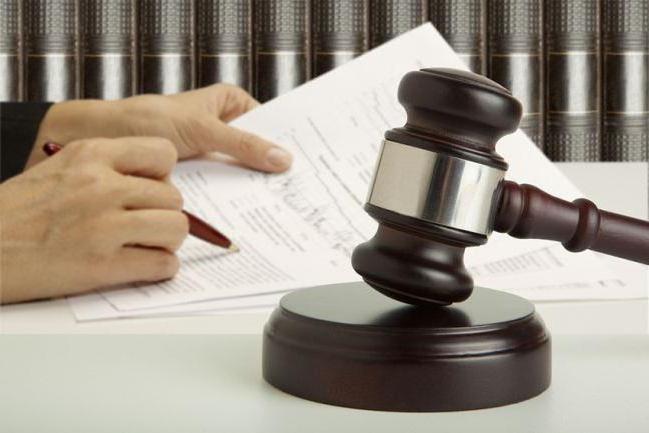Today we will discuss the functions of arbitration courts, as well as find out what it is and why it is needed. The article will discuss in detail issues related to the system of arbitration courts.
In the service of the state
In order to consider the whole topic relating to this issue, fully, it is worth first to understand what an arbitration court is. This is a state body that operates on an ongoing basis and is engaged in resolving contentious issues in the field of economics and entrepreneurship.
In each country, this body is interpreted differently, so we will consider all aspects of this concept. In the Russian Federation, an arbitration court is understood to mean a special judicial authority, the competence of which includes issues related to conflicts in the field of civil circulation, entrepreneurship, and a number of other categories that the court must deal with under the law. In Belgium, the arbitral tribunal was called Constitutional. Recently, in Ukraine, arbitration courts have been renamed commercial. In many European countries, such a court is the same as an arbitration court.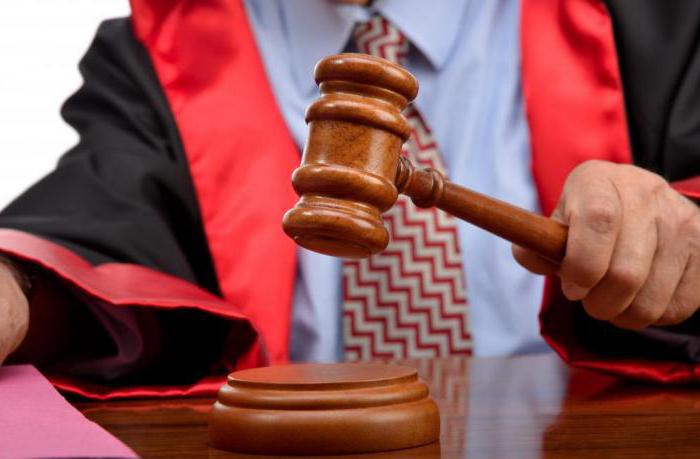
Russia
The system of arbitration courts in Russia has its own characteristics. Modern bodies of this type have become a full replacement for departmental and state arbitrations. In 1991, the system of arbitration courts was greatly simplified. In accordance with modern laws of the Russian Federation, the arbitration court is a federal body that is part of the judicial system. Its main function is to resolve disputes of an economic nature that arise in civil, administrative and other legal relations.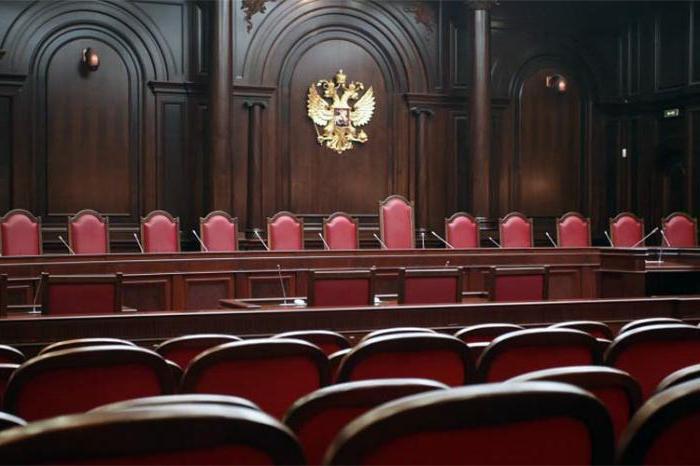
Tasks
The tasks and functions of arbitration courts are clearly defined in laws. In Russia, legal proceedings pursue the fulfillment of specific tasks:
- a guarantee that any person can legally protect his interests in court in the field of economic and entrepreneurial activity;
- ensuring a free, fair and public trial, which is carried out within a reasonable time by an absolutely independent court;
- the suggestion of the importance of laws and a public demonstration of the consequences that arise in case of violation;
- possible crime prevention in the economic sphere;
- the formation of citizens' trust and respect for the judicial system;
- assistance in the formation of the right business ethics, which is based on the principles of decency and honesty;
- protection of individuals in the event that their rights are violated or challenged;
- ensuring legal protection of the interests of the Russian Federation, municipalities, entities, state authorities, local governments and officials.
Functions of the Arbitration Courts of the Russian Federation
Now let's dwell on the functions. There are few of them:
- Settlement of any disputes that arise on the basis of economic or entrepreneurial activity.
- Data collection and compilation of statistical reports for the analysis of performance.
- Activities aimed at ensuring that people did not want to break the law in the economic sphere, knew how to act correctly and legally.
- Establishment and conduct of business relations at the state level in a legal manner.
 The arbitration court, the functions and powers of which we have considered, is an important body in the state system.Its role is huge, because the economy is the basis of the country's prosperity, and if disputes are not resolved peacefully and in a businesslike manner, entrepreneurship will be mired in conflicts and losses.
The arbitration court, the functions and powers of which we have considered, is an important body in the state system.Its role is huge, because the economy is the basis of the country's prosperity, and if disputes are not resolved peacefully and in a businesslike manner, entrepreneurship will be mired in conflicts and losses.
Jurisdiction
As we noted earlier, arbitration courts deal with all disputes that arise as a result of economic activity. They are conditionally divided into several types:
- disputes that arise from civil relations (lawsuit);
- disputes that arise from administrative and other types of relations (administrative proceedings);
- disputes whose purpose is the discovery of facts of legal importance;
- disputes concerning the contestation of decisions of the arbitration court, the issuance of writ of execution for the enforcement of court orders;
- disputes, the purpose of which is the recognition and enforcement of decisions of foreign courts, including arbitration;
- cases of special jurisdiction.
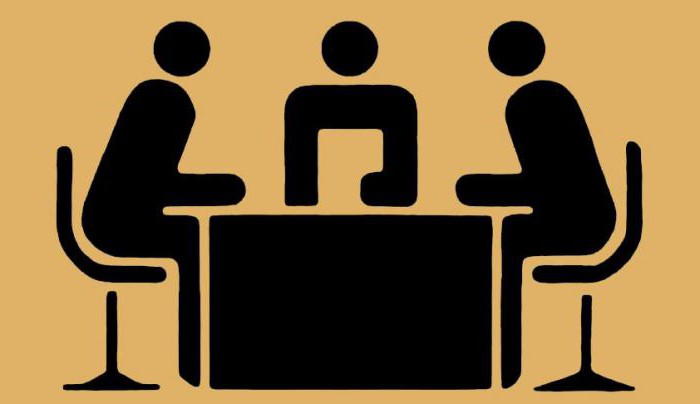 These are the main divisions of disputes that can be resolved by arbitration courts. However, some of them are divided into subtypes. Disputes that arise as a result of public and administrative relations are divided into:
These are the main divisions of disputes that can be resolved by arbitration courts. However, some of them are divided into subtypes. Disputes that arise as a result of public and administrative relations are divided into:
- cases on contesting documents and normative acts that somehow affect the interests of the applicant in the field of economic activity, if such cases are within the competence of the arbitration courts;
- cases of contesting non-normative legal acts, actions and decisions of officials, specialized authorities that somehow affect the interests of the applicant in the economic sphere;
- cases concerning the prosecution of private entrepreneurs and organizations that by their actions infringe upon the interests of the applicant;
- cases concerning the contestation of decisions taken by administrative authorities with a view to holding the latter accountable;
- Cases concerning organizations and private entrepreneurs who evade the payment of mandatory payments, sanctions.
Cases of special jurisdiction are divided into:
- corporate disputes;
- decision on bankruptcy;
- settlement of disputes regarding the decline or refusal of the obligatory state registration of organizations, legal entities and private entrepreneurs;
- disputes with depositories regarding ownership of shares and securities;
- disputes relating to the activities of corporations (questions about their creation, reorganization, liquidation, liability, etc.);
- intellectual property disputes in organizations that have related copyright;
- cases relating to business reputation and its deliberate corruption.
Jurisdiction of affairs
Disputes in the arbitration court have two types of jurisdiction: tribal and territorial. Generic jurisdiction includes jurisdiction of arbitration courts of constituent entities of Russia, courts of federal districts, courts of intellectual rights, and the Judicial Board of the Armed Forces of the Russian Federation. Territorial jurisdiction includes general territorial jurisdiction, by agreement, at the choice of the plaintiff, exclusive jurisdiction.
Classification
We already know the functions of the arbitration courts, it is time to deal with their classification. Such courts of the constituent entities of the Russian Federation are created in cities of federal significance, regions and territories. Most often, cases are considered individually and in the first instance. The powers of such courts include the consideration of all disputes that the law should deal with arbitration, the review of cases with the emergence of new circumstances or with the entry into force of new legal acts, generalization of results, statistical monitoring and analysis of work efficiency.
In total, 85 arbitration courts of the constituent entities of the Russian Federation work. Within a month, a court decision must be enforced if it was issued in full and in the prescribed manner. In some cases, the court reads out only a brief decision without any introductory, descriptive, or other parts. However, sometimes it is necessary to immediately obtain a detailed solution.
The functions of the arbitral tribunal apply to all of their subspecies. Thus, the arbitration court of appeal consists of two courts that operate in the same judicial district. The main task of such courts is to verify the validity and legality of judicial acts.
Arbitration courts of the districts (only 10 in the Russian Federation) act on the principle known to us. Their difference is that there is one such court per district. They deal with cases of first instance, deal with cases of compulsory compensation if a decision is made later than the deadline, check the legality of regulations, review cases for new circumstances, analyze statistics, and propose their own corrections to improve the country's judicial system.
The Intellectual Property Court addresses copyright issues.
Superior Court of Arbitration
This state structure was in force from 1992 to 2014. As a result, it was abolished. Initially, the goal of the Supreme Arbitration Court was to monitor the activities of all arbitration courts of the country and to advise in the process of judicial practice on conflict issues. After this system was abolished, its functions were transferred to the Supreme Court of the Russian Federation.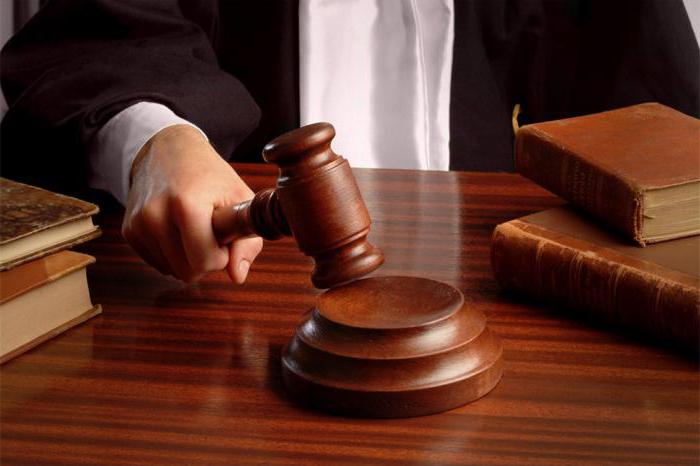
In the summer of 2013, Russian President V. Putin at the St. Petersburg International Economic Forum suggested that a single body be made from the Supreme and Higher Arbitration Courts and at the same time introduce certain amendments to the Constitution. In the autumn of that year, the State Duma already had a draft, according to which the Supreme Arbitration Court was abolished, and its powers and staff were transferred to the Supreme Court. On November 21, the bill was passed. In February 2014, the President of Russia signed a law that confirmed the merger of the courts. Officially, this body of the highest judicial authority ceased to exist on August 6, 2014.
Interesting Facts
It is believed that the biggest thing considered in the Moscow Arbitration Court, consisted of 1,400 volumes. At the same time, each of them contained 150 pages.
Arbitration court meetings are a complex and lengthy process, but fair. The protection of citizens and legal entities in the economic sphere is an important task that rests with the systemic judicial authority. The considered functions of the arbitration courts show how important their society is and the multifaceted activity.
